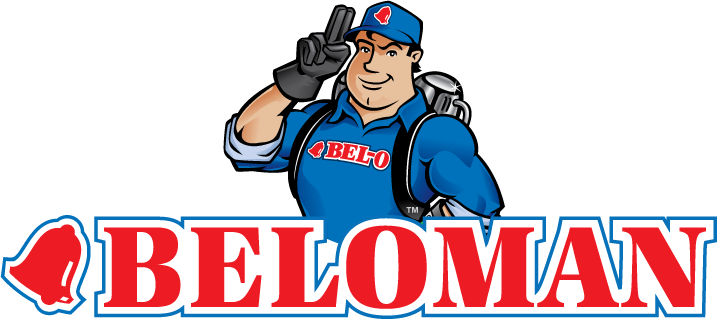How to Winterize Your Plumbing for the Cold Months Ahead
If you live somewhere where it’s warm all year round, this blog entry probably won’t apply very much to you because warm temperatures don’t cause pipes to freeze. However, if you’re in the Midwest or anywhere more north or east, this post will save you a lot of frustrations with your plumbing when it starts getting colder. There are a few simple steps you can take to prevent damage to your water lines that you can do yourself. Forget to do the below steps and we’ll be expecting a call within the next couple of months, telling us your pipes have burst.
1. Disconnecting any hoses, sprinklers, etc that are attached to outside spigots should be step one. If you leave these things attached, water can accumulate inside and even on the very first freezing night, can cause frozen pipes with breakage. If temperatures are forecasted to drop enough to hit freezing, just disconnect your hose and put it away for the season. Also, hoses that freeze from residual water left in them have a higher likelihood to break, themselves because they become brittle in the cold. Simply put your hoses in your basement until the spring and you’ll be good to go!
2. Check and double check your fixtures. Anything that relates to water and is outside needs to be checked before winter hits. If you stumble upon any leaks, even tiny ones, they need to be fixed or else those small problems can end up costing you hundreds if not thousands of dollars in repair/replacement costs. The smallest of drips can build up and freeze pipes and faucets. It’s better to make sure all of your minor repairs are taken care of before it’s too late. Along with that, you need to ensure the outside pipes are as cleared out as possible. Pipes that are filled with water or even that have just a small amount in them, can freeze, expand, and burst. Can you shut off the water strictly to the outdoors? Even better. That way you will ensure that water isn’t coming through and settling in the spots you thought you drained. Your sprinkler system needs to be flushed out and have the water shut off to it so prevent a broken system come spring.
3. Last but not least, you need to protect! A good way to insulate your hose bibs is with hose bib covers. You can go to your local hardware store and purchase them for a few bucks and with proper care can last a few years. Does your spigot say frost-proof? If you deal with cold winters, don’t count on it to ACTUALLY be completely freeze-proof. On the topic of insulation, your exposed indoor pipes also need to be protected or you may risk a water break in your attic or basement.
If you aren’t handy or just don’t trust yourself with repairing small drips or winterizing, give us a call here at Bel-O. We’ll be happy to come out and help you out. Our plumbers are some of the best in Belleville, so you don’t have to worry.







